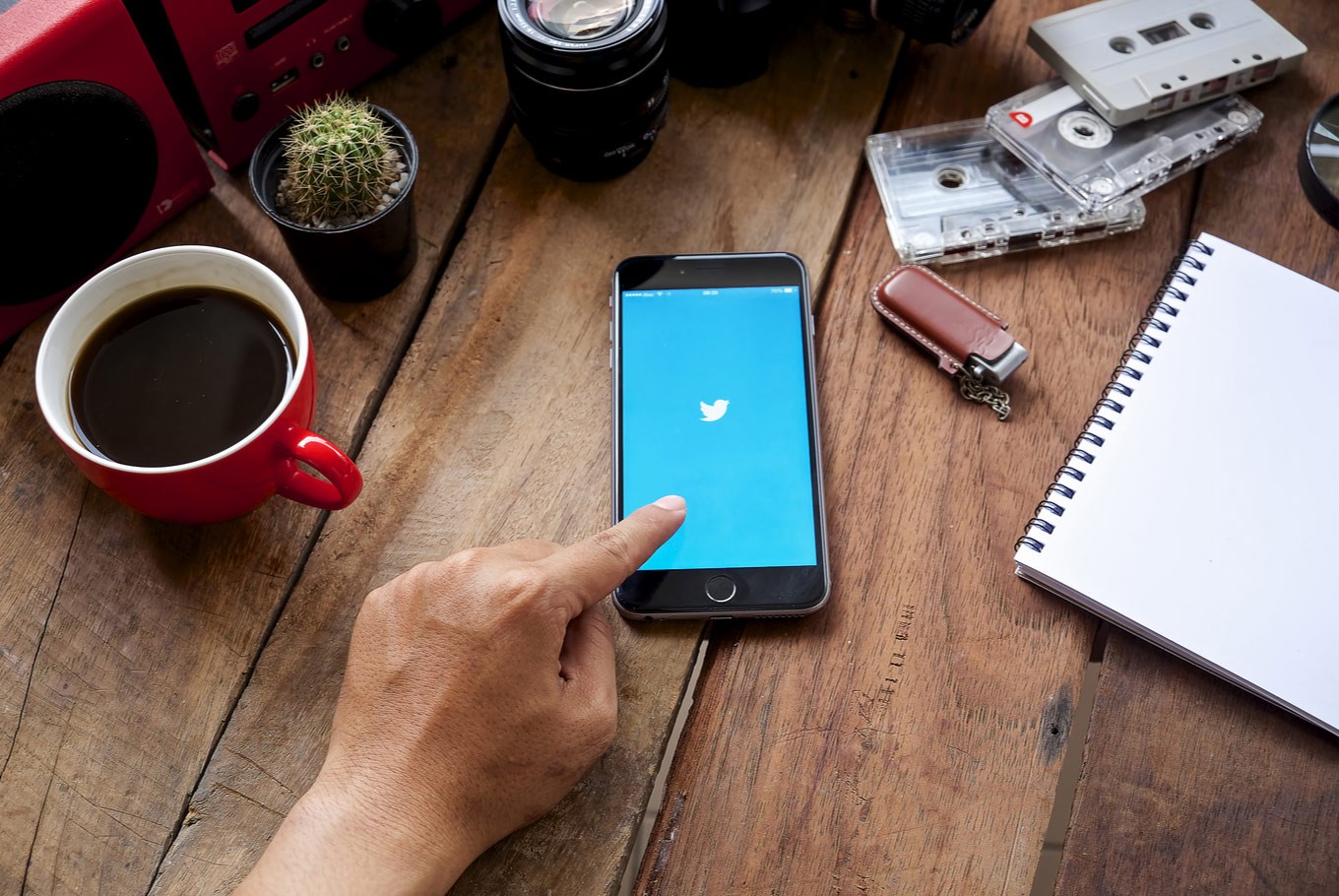Popular Reads
Top Results
Can't find what you're looking for?
View all search resultsPopular Reads
Top Results
Can't find what you're looking for?
View all search resultsOn Twitter, Canadians more polite than Americans: Study
Change text size
Gift Premium Articles
to Anyone
I
t's a tired cliche but on Twitter, it rings true: Canadians are more polite than Americans, saying words like "great" and "thank you" more often, a scientific study said Wednesday.
The report in the journal PLOS ONE, led by three researchers at McMaster University, analyzed 37 million tweets from 2015-16.
Canadians were more likely to use words like "great, thanks, good, amazing, happy," said the findings.
Americans, on the other hand, tended to commonly write words like "hate, love, miss, mad, feel, swear, tired."
Americans were also far more likely to use emojis than Canadians, like the laughing-while-crying one and the hearts-for-eyes face, and to resort to internet acronyms like lol and idk.
Other word preferences showed a "clear prevalence of negative outputs in American tweets over Canadians," said the report.
"American lexical choices show a clear relative preference for taboo words, including swear words, expletives, and racial slurs."
Read also: Dating website matches Canadians to Americans escaping ‘Trump horror’
The findings came as a surprise to researchers, who noted that other sociological research over the years has shown that Canadians really are not nicer than Americans, despite the commonly cited stereotype.
"The Twitter behavior we observe doesn't actually reflect the real underlying personality profile of an average American or Canadian," said Daniel Schmidtke, co-author of the study and a post-doctoral researcher at McMaster.
What may be happening, linguists argue, is what they call an "identity construction strategy."
In other words, Canadians and Americans may create and even reinforce their national character stereotypes with the words they type on Twitter.
It's a hypothesis that remains to be proven.











